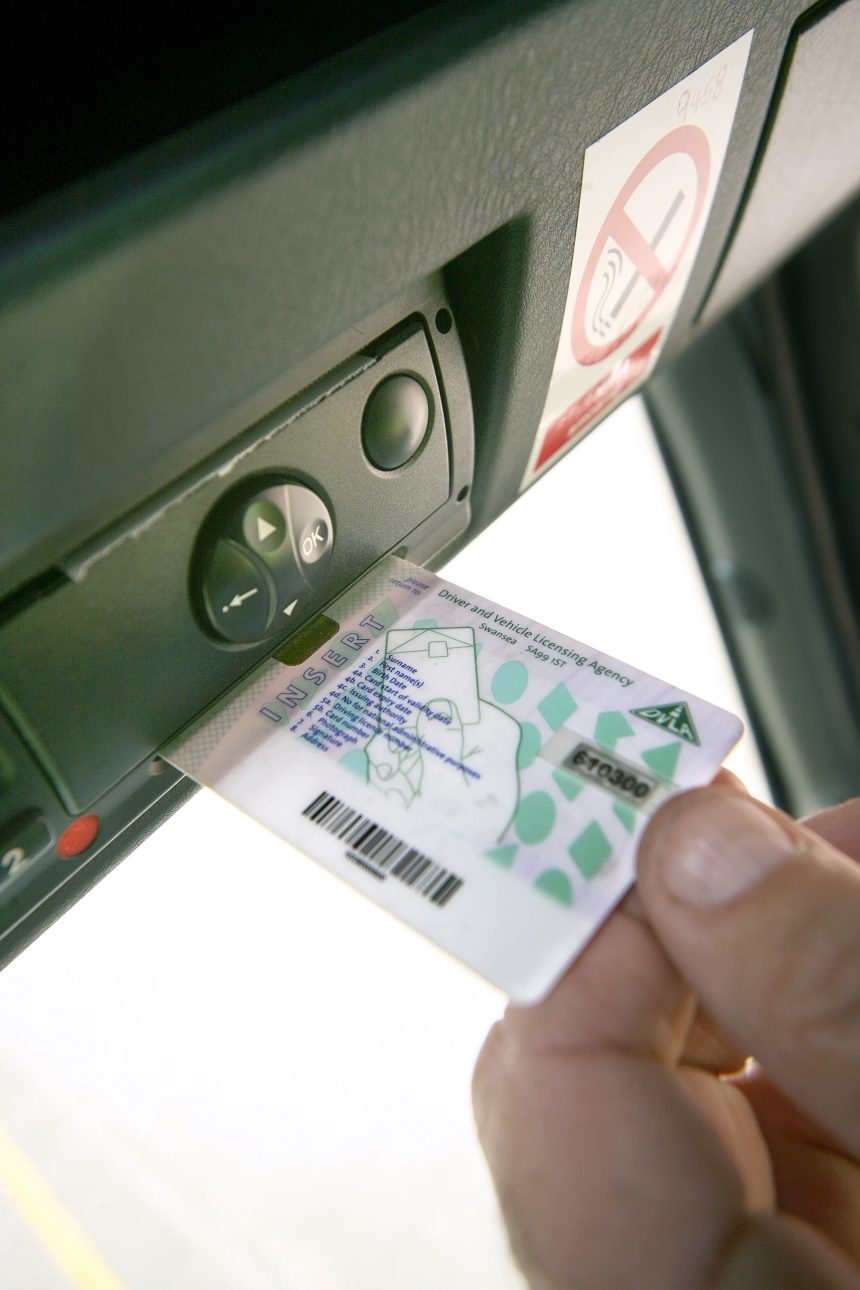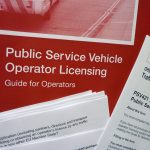Pulling a digital tachograph card and then carrying on driving is dishonest, it is a criminal offence, and it is there to hide duty time that should be recorded, which is done in almost 100% of cases to conceal an offence that would otherwise be committed were the card to remain in the machine.
It therefore puts lives at risk when drivers either avoid taking a statutory break after 4.5 hours of cumulative driving or avoid taking a necessary daily rest period by pulling out their digital tachograph card as the legal requirement to take a break/rest period nears.
The laws on breaks and rest periods are there for one thing only: Safety. To avoid tired drivers driving. Driving without a tachograph card inserted puts road safety and lives at risk. Pulling a card/creating a false record is prima facie an act of ‘gross misconduct.’
The outcome of a finding of gross misconduct after a disciplinary hearing should be summary dismissal save in the most exceptional of circumstances.
This was made plain by Traffic Commissioner (TC) Miles Dorrington when he cut the international O-Licence held by Birmingham-based Bouden Travel Ltd from 18 vehicles to 14 on a permanent basis.
‘Clear alarm bells’
The TC said that no variation application to increase authorisation will be considered unless it is accompanied by a drivers’ hours, tachograph, missing mileage and working time compliance audit from a competent, accredited, and independent provider that was marked as ‘satisfactory’ in every area of compliance audited.
Transport Manager (TM) Sophie Baugh has come as close to losing her good repute as a TM that any person could ever come by the very narrowest of margins. Her good repute as a TM was marked as “severely tarnished and hanging by the thinnest of threads.” She was given a “first and final” written warning that would remain on her file for five years.
TC Dorrington requested a further DVSA investigation at some time in the near future. If that investigation and/ or any audit supplied by the operator was anything less than ‘satisfactory’ then she and the company would be called back before him.
The company was granted its O-Licence in July 2015 and up until 2023 it had received two written warnings for adverse compliance events.
On 4 May 2023, after a routine stop by DVSA, it was established that two drivers had pulled their digital tachograph card and then continued driving.
That same month, the company and TM were put on notice of two drivers pulling their digital tachograph card. Despite that, and the loud and clear alarm bells that this intervention from DVSA should have sounded, there were five further instances of drivers driving without their digital tachograph cards inserted. TC Dorrington found it truly remarkable that the TM had no explanation for those allegations. Had Ms Baugh been effective in her role these incidents would already have been spotted.
‘No excuse’
There was never, ever, a lawful excuse for a professional driver to remove their digital tachograph card from the digital tachograph machine and to then continue driving an in-scope vehicle. All professional drivers know that the digital tachograph machine records their duties on the digital tachograph card. By taking that card out and then driving it was, and would be, obvious to any professional driver that that driving would not be recorded on their tachograph card. It was a conscious act to take the digital tachograph card out of the digital tachograph machine. It therefore required intent. There could be no excuse from someone who then drives the vehicle to say that they “forgot” that the card was not inserted, because all digital tachograph machines have a flashing alert to warn the driver when the vehicle is in motion if no tachograph card was inserted into the machine. That flashing warning carries on until such time as a digital tachograph card is inserted.
The disciplinary responses, or lack of them, by the company to what had been proven to have been happening since May 2023 when the DVSA stop was undertaken until January this year was beyond the TC’s comprehension.
He notes: “I cannot think of a more serious breach of the drivers’ hours and tachograph laws by a professional driver than pulling a card and then carrying on with driving. It is the equivalent to a road safety critical ‘S’ marked maintenance related prohibition… yet this company had taken no, or no serious, disciplinary action.” TC Dorrington concluded that the company did not take the issue of pulling digital cards and continuing to drive seriously at all.
It was not challenged that the Traffic Examiner found a high rate of infringements for exceeding 4.5 hours’ driving and daily rest. Ms Baugh was aware of that, as she told him that she knew drivers were breaching the 4.5 hour rule and explained it was because they were planning their own routes and ran out of time.
There are no ‘L’ plates for any TM. There was no ‘learning on the job.’ TMs are there to fulfil the statutory function the law says they are expected to perform, and that applies from the first day they are specified on an O-Licence as a TM. Ms Baugh qualified as a TM several years ago and had been specified on the company’s licence for some time.
Some positives
The fact that all this was happening on the watch of the sole director, Adel Bouden, meant it was more likely than not that he had
failed to exercise any, or any effective, management control of the TM or on the general undertakings on the O-Licence.
The company had used self-employed drivers which accounted for 20% of its driving workforce at the time of the DVSA investigation. Despite being put on notice of that, and the clear unfair competition using such drivers created, and despite the lack of control of those drivers, the TC was told that as of the date of the PI there were still two self-employed drivers still driving for the company.
Mr Bouden said that self-employed drivers were contracted via limited companies that those drivers had set up for themselves and it was under those limited companies that the drivers were employed. The only contractual arrangement with the operator was a contract between the operator and the limited company set up for each driver and, as a result, there was no contractual arrangement between the operator and the
driver. TC Dorrington was not persuaded by the arguments that, because there is a shortage of drivers prepared to work on a PAYE basis, there is a need to use self-employed drivers as detailed above. The law was clear and had been in the public domain for over four years.
There were some positives. Maintenance compliance appeared to be satisfactory overall. Ms Baugh had recently completed TM CPC refresher training. There had been a heavy investment in technology to allow quicker checks to be undertaken on drivers and their compliance with EU drivers’ hours, GB drivers’ hours and tachograph laws and rules.
The company and the TM fully co-operated with DSVA at every touch point and promised to be fully compliant in the future. The company promised to undertake a full audit in the future. The company had already begun taking steps to limit its transport contracts/obligations to take account of the likely regulatory action that would be taken, which reflected a realisation that things had to change.
Limited credit was given to this being the company’s first PI.



























